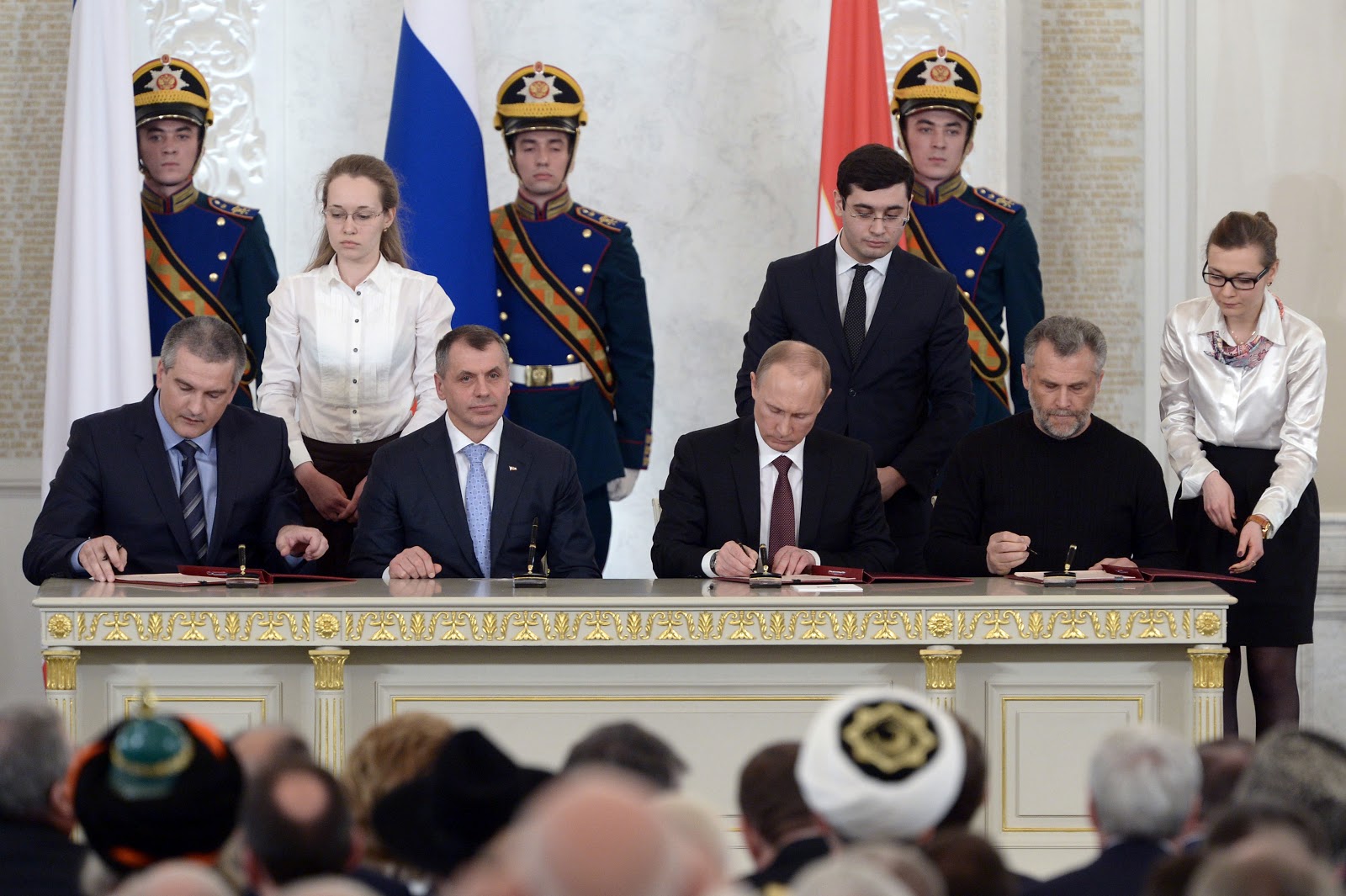
Soon there will be a new social network in Russia, uniting lawmakers across the country. Why and what exactly will it do? Well, as for ‘why’, we need to take a short trip down history lane. The Russian State Duma has set out to become more open and transparent a while ago. Last July the lower house of parliament of Russia launche da pilot version of "Video Duma", a web portal with video feeds of all State Duma sessions. Listen on air and read more on our daily Runet review '.RU' at the voiceofrussia.com.
Read more: http://sputniknews.com/voiceofrussia/radio_broadcast/36172287/274668264/
A year ago head of the workgroup tasked with the "Digital Parliament" project Igor Lebedev announced that the web portal would host a pretty much exhaustive library with footage from sessions, roundtables, hearings and pretty much every other kind of legislative activity. Users will also be able to find information on specific bills and even track activity of specific deputies. The portal will also serve as a very basic way for deputies to interact with the public – each deputy will have their own page and they’ll be able to post their own media there. So, let’s see what happened in a year’s time. The website works – off to a good start. Not sure I appreciate the design, though – it’s dark greyish-blue with light grey text, which is somewhat off-putting and hard to read for prolonged periods of time. After dealing with this particularly odd design choice, the rest seems actually well thought-through. The landing page offers users essentially ‘folders’ – videos sorted by certain parameters, such as State Duma factions, plenary meetings, committees and commissions, single deputies and so on. Deputies and factions are also ranked by the total number of views their videos have – videos also have ‘likes’, but I guess there’s no way of ridding ourselves from this habit now. According to stats, currently the video portal has almost ten and a half thousand uploaded videos, with a total number of views a little over one hundred ten thousand. Not much compared to, say, Gangnam Style, but, hey – it’s politics. In any case, better have it and not need it than need it and not have it, right? So anyway, back to the social network. In 2012 Chairman of the Federation Council of the Russian Federation Valentina Matviyenko has proposed to create a parliamentary version of the e-government initiative. Quote "We need to create a large-scale digital parliament where both houses of the Federal Assembly would be able to interact with each other and with legislative bodies of constituent entities of the Russian Federation; this has to be a federal, all-Russian information portal" unquote. Chairman of the State Duma Sergei Naryshkin emphasized that such a project cannot be carried out overnight - it's a slow and deliberate process. Well, I guess this process has finally crystallized into something tangible. The new website, uniting lawmakers of all levels, is located at portal.parlament.gov.ru and is known simply is the “Parlieament Portal” – which seems like it stems from the idea proposed by Matvienko. Like Video Duma, the project was initiated within the framework of the Digital Parliament project. Apart from elected deputies, various experts – political scientists, lawyers and economists – are welcome to join the web portal. Common citizens will not be banned, but they will only be able to read disucussions on legislative matters without actively participating. Source: The Voice of Russia, Reference-Image: upload.wikimedia.org
|

